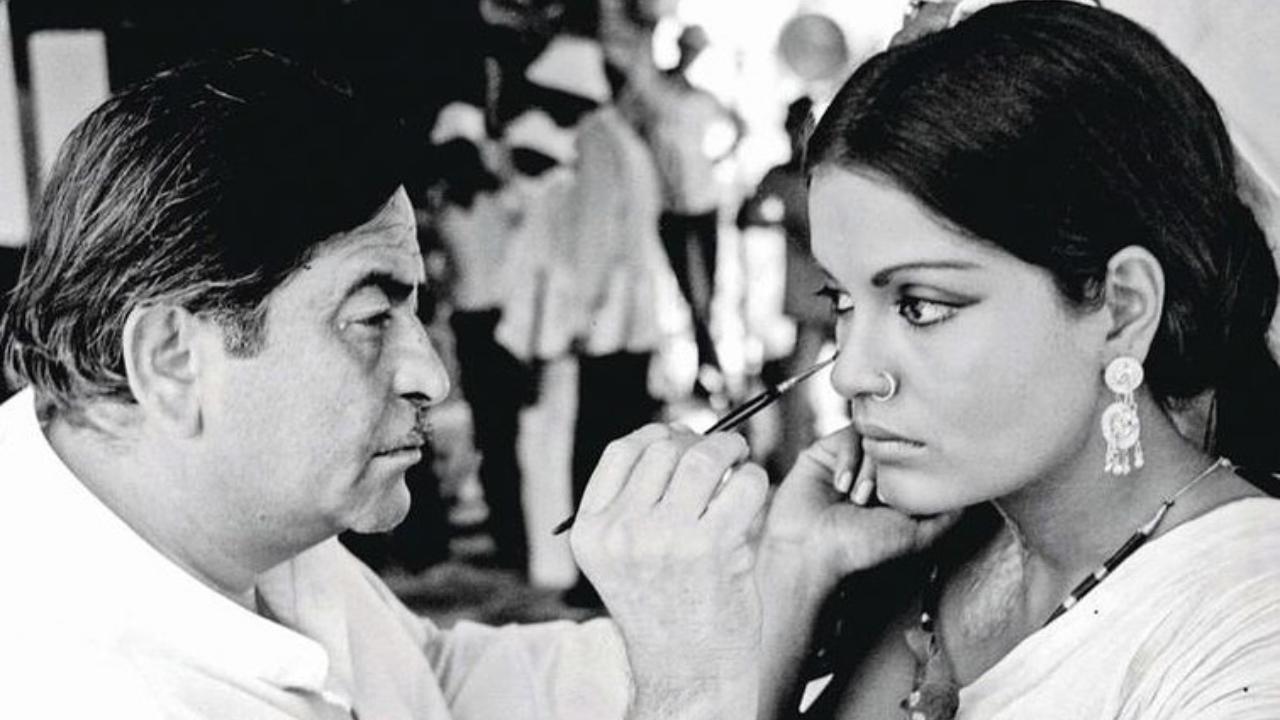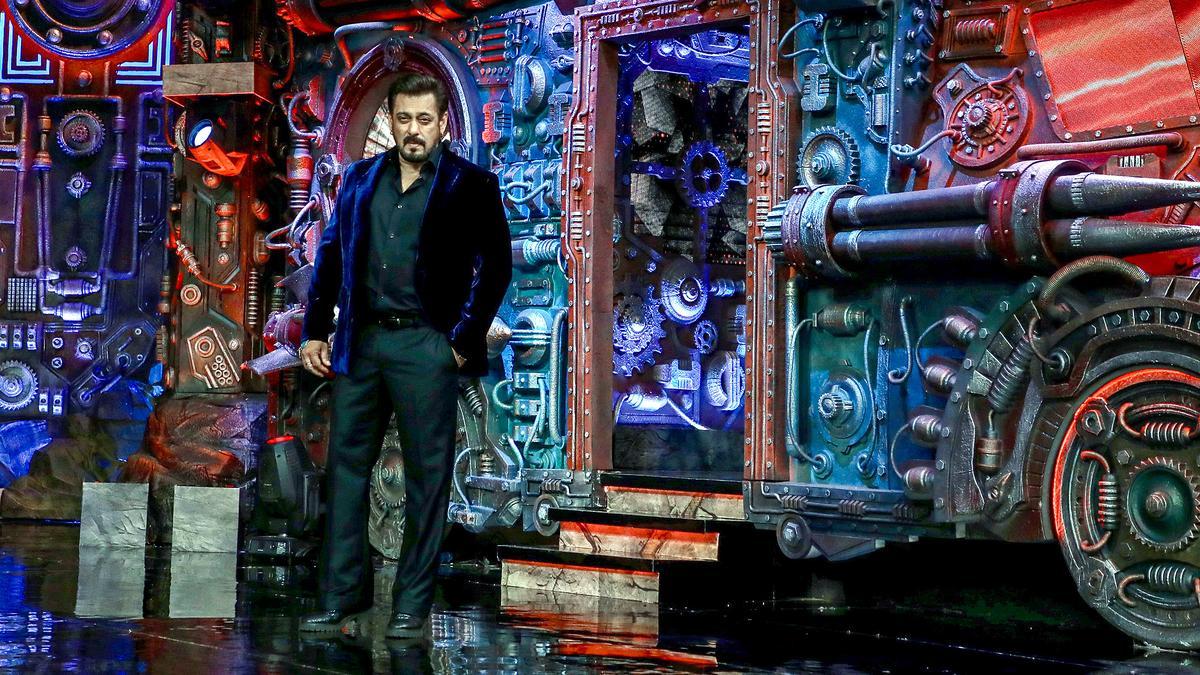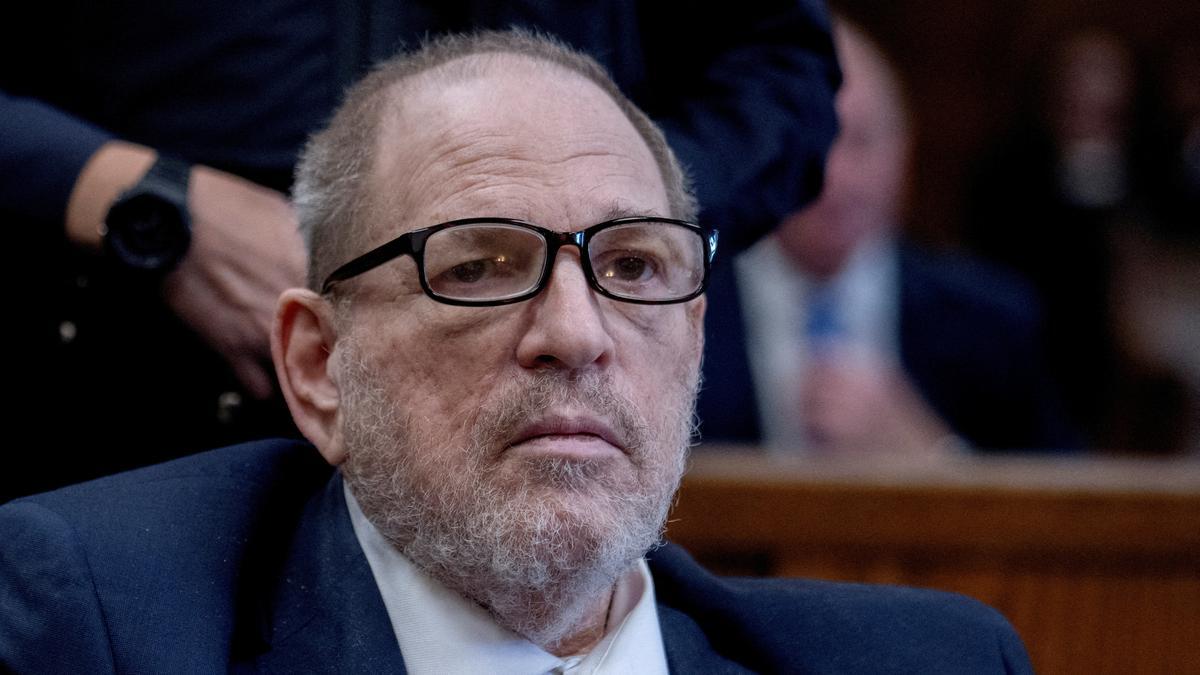
On a typical day graced by the mild breeze of the Arabian Sea, crowds gathered at Mumbai’s iconic National Centre for the Performing Arts (NCPA) on October 10 to pay tribute as the hearse carrying the remains of Ratan Tata made its solemn entrance. The NCPA, standing proudly at the end of Marine Drive in what was once the bustling business district of Nariman Point before the emergence of Bandra Kurla Complex, houses more than just art and culture; it embodies the synergistic vision shared by some of India’s most illustrious pioneers, including JRD Tata and Jamshed Bhabha.
Founded in 1969, NCPA is lauded as South Asia’s maiden multi-venue cultural center. But what stands beyond its architectural grandeur and the charisma of renowned performances is its heritage rooted deeply in the collective dreams of its creators. JRD Tata, a stalwart of Indian industry, and Jamshed Bhabha, brother to the eminent nuclear physicist Homi Bhabha, were resolute in manifesting a world-renowned venue that celebrated all forms of the performing arts in India’s cultural capital, Mumbai.
As NCPA’s chairman Khushroo N Suntook elucidates, the inception of this hub of culture was not devoid of struggle. Jamshed Bhabha, in his endeavor to make the dream of a cultural epicenter a reality, sought assistance from then Prime Minister Indira Gandhi, resulting in a pivotal meeting that secured government backing. The then Chief Minister of Maharashtra, Vasantrao Naik, presented Bhabha with the formidable task of reclaiming land from the sea to build NCPA, a challenge the Tatas dared to accept, showcasing their unwavering commitment to the arts.
Even amidst a labyrinth of challenges, Bhabha’s determination did not falter. In the seeds of these efforts was the first blossoming of NCPA within the high-rise Akash Ganga, planted firmly where luminous legal advocate Bhulabhai Desai’s bungalow once stood. JRD Tata’s support provided the solid foundation necessary as these aspirations gradually took form, brick by brick, note by note.
By 1982, the Tata Theatre, a cornerstone of NCPA, emerged, with assistance from Tata Consulting Engineers. They lent their acumen to create state-of-the-art technicalities, like a rotating stage and stunning acoustics.
. Esteemed architect Phillip Johnson and acoustic consultant Cyril Harris added an international flair, while Bhabha himself invested a part of himself, traveling the world to unearth inspiration from the best concert halls abroad.
Following this, the Tata Iron and Steel Company marked its platinum milestone by endowing the Tata Experimental Theatre with its unique Black Box design, fostering direct engagement between performers and audiences. This innovative venture paid homage to a versatile approach towards stagecraft.
However, perhaps nothing underscores the resilience and vision behind NCPA as vibrantly as the Jamshed Bhabha Theatre. Originally completed in 1999 after enduring a disastrous fire, the facility emerged once more from the ashes, thanks to a relentless rebuilding initiative led by Bhabha. The theater, with its opulent 100-year-old marble staircase, not only serves as a venue but also stands as a testament to perseverance, aptly bearing Bhabha’s name despite his modest insistence on calling it otherwise.
Ratan Tata continued these illustrious legacies, nurturing a profound relationship with the realms of art and culture. His friendships, such as with renowned maestro Zubin Mehta, and his personal enjoyments of classical Western music, underscore his intrinsic affinity to the essence that NCPA symbolizes. Even in his absence at events owing to health concerns, Ratan’s presence was felt, his insightful guidance and kind-hearted support having laid groundwork that would span generations.
Thus, as people from all walks of life gathered to bid farewell to Ratan Tata, it was not merely to honor a business titan but to celebrate a custodian of culture. This enduring legacy finds resonance amid the echoes of concerts and performances at NCPA, a place that was as much his as it was India’s. Through his impactful life, Ratan Tata’s influence transcends the boardroom, reaching into the very soul of a nation’s rich artistic heritage, immortalized partially by the vibrant life of the NCPA.










